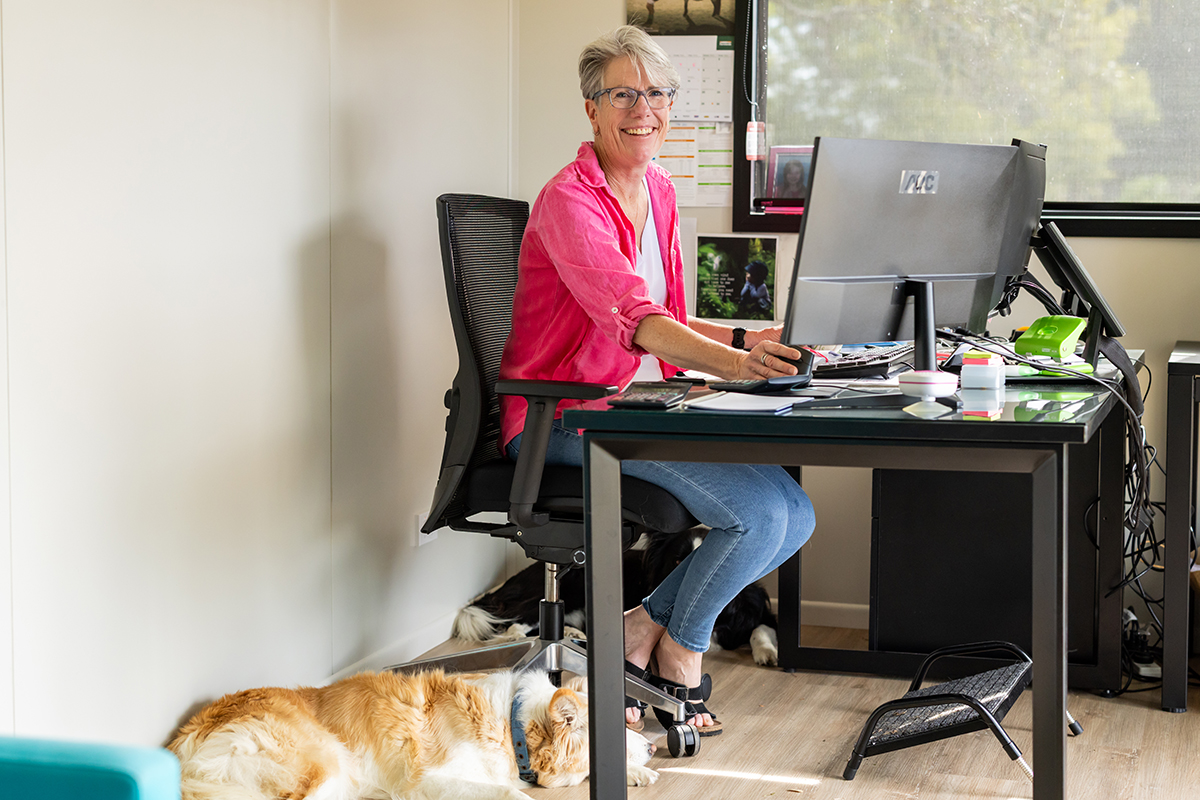Getting the “stuff” ready for your accountant at the end of the financial year can be stressful for some business owners. You can’t remember what they asked you for last year and you’d like to get it sorted so you know it’s under control sooner rather than later.
Here’s list of the things most businesses will need to get ready:
- Bank Statements for 1st April to 31st March. If you are using Xero, your accountant may only require the bank statement showing closing balance at 31st March to check Xero matches.
- Stock on Hand – this will need to be valued at the cost you bought them and make a note to let your accountant know whether it is including or excluding GST.
- Debtors at 31st March – this is the people that owe you money
- Creditors at 31st March – this is the bills that you owe
- GST – if these aren’t already in Xero
- Payroll and PAYE – if these aren’t in Xero, you might need to download the reports from your payroll system or give your accountant access to be able to log in
- List of assets that you have bought that were over $1,000 during the year
- Are there any assets on last year’s asset schedule that you no longer have or no longer use for business? Make a note of these and let your accountant know
- Loan statements for the year showing the payments you made and the interest you have been charged
- Home Office Expenses – eg home power, phone, rates, insurance, mortgage interest statement or rent
- Any items that you took out of the business for personal use
- Bad debts – are there any bills that you need your accountant to write off because you are never going to get paid for them?
- Vehicle Log Book or mileage record for the year if you use your business vehicle for personal or your personal vehicle for business
If you have used Xero throughout the year, a lot of this information could already be in Xero so check with your accountant if you are unsure.


